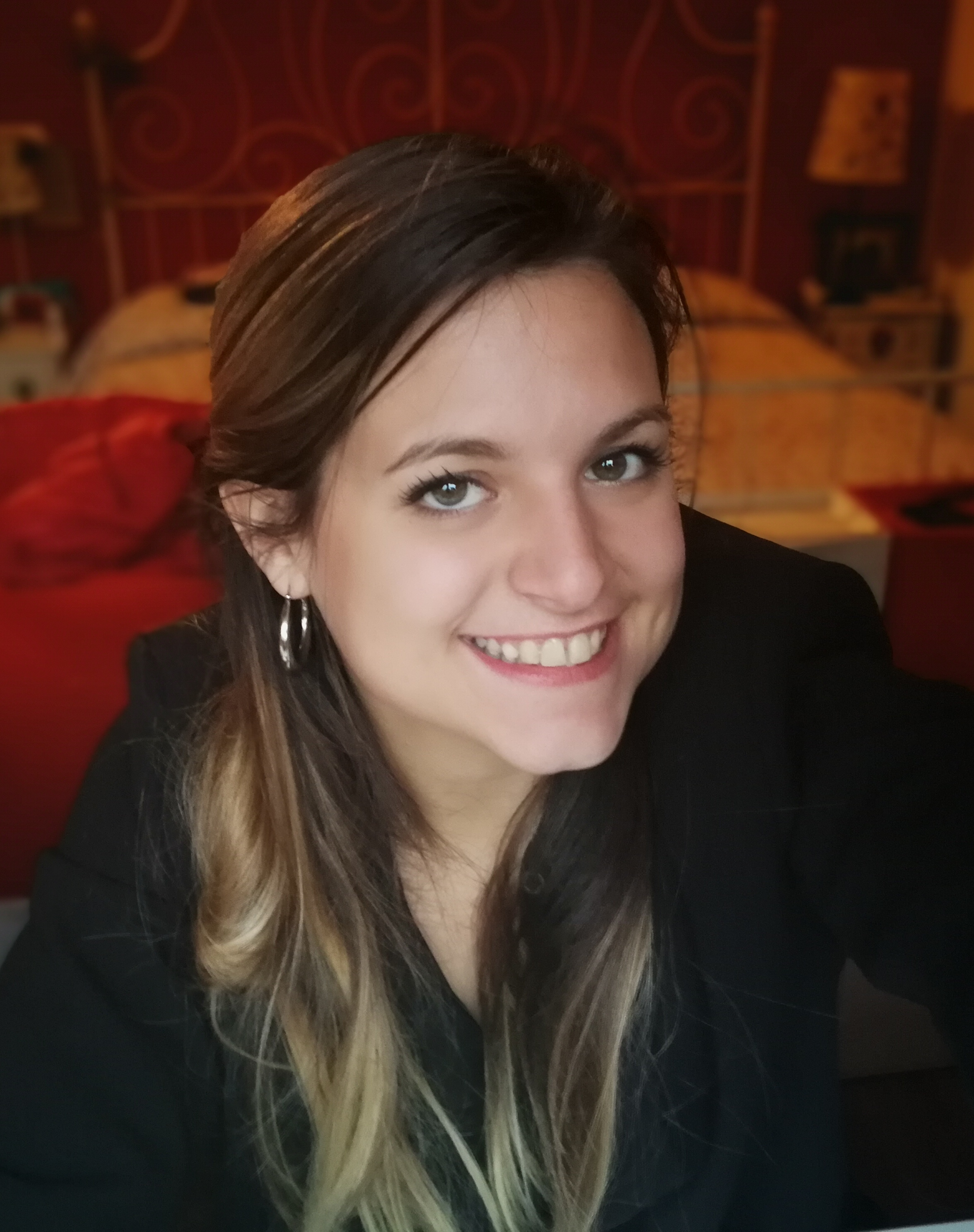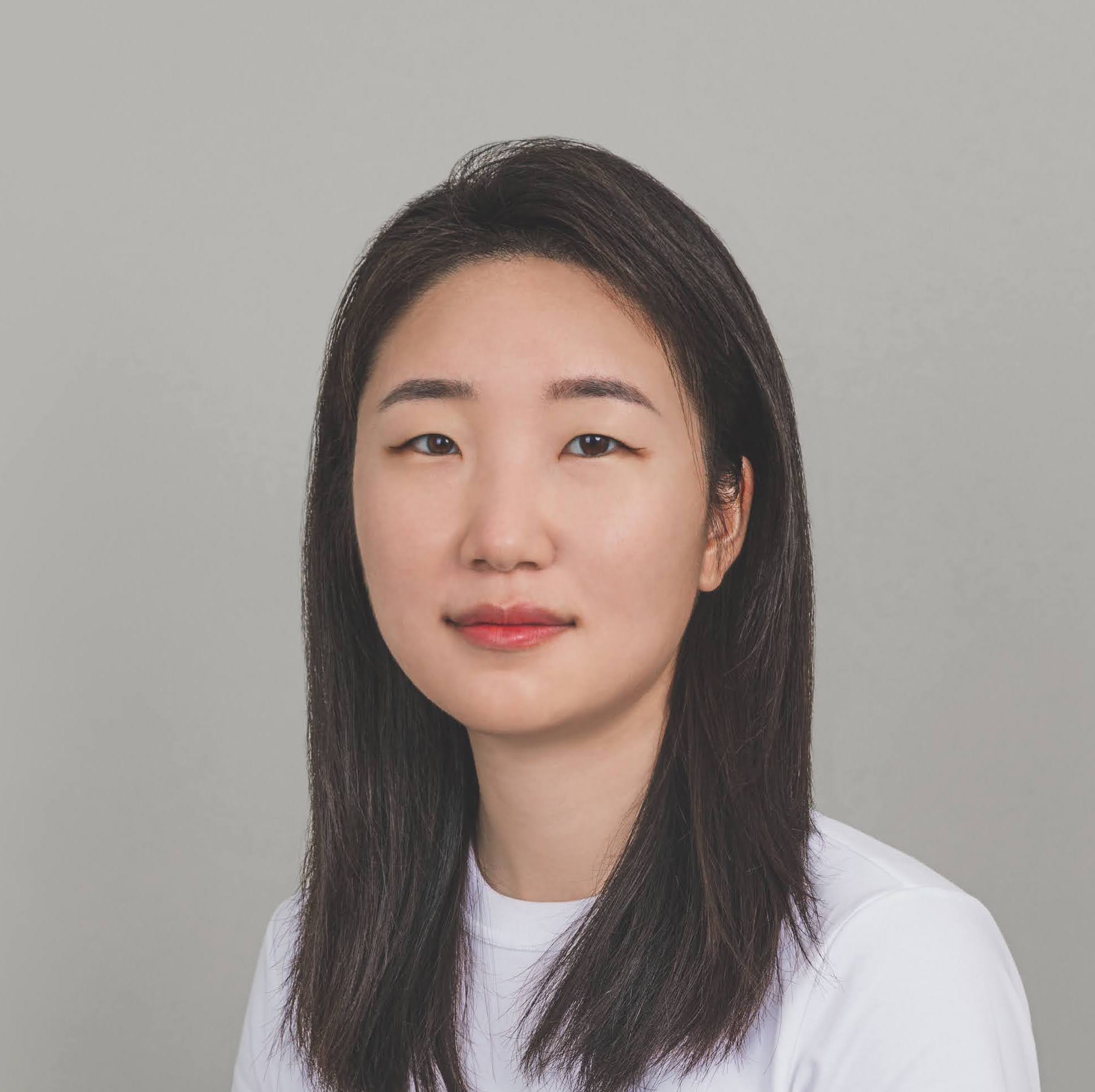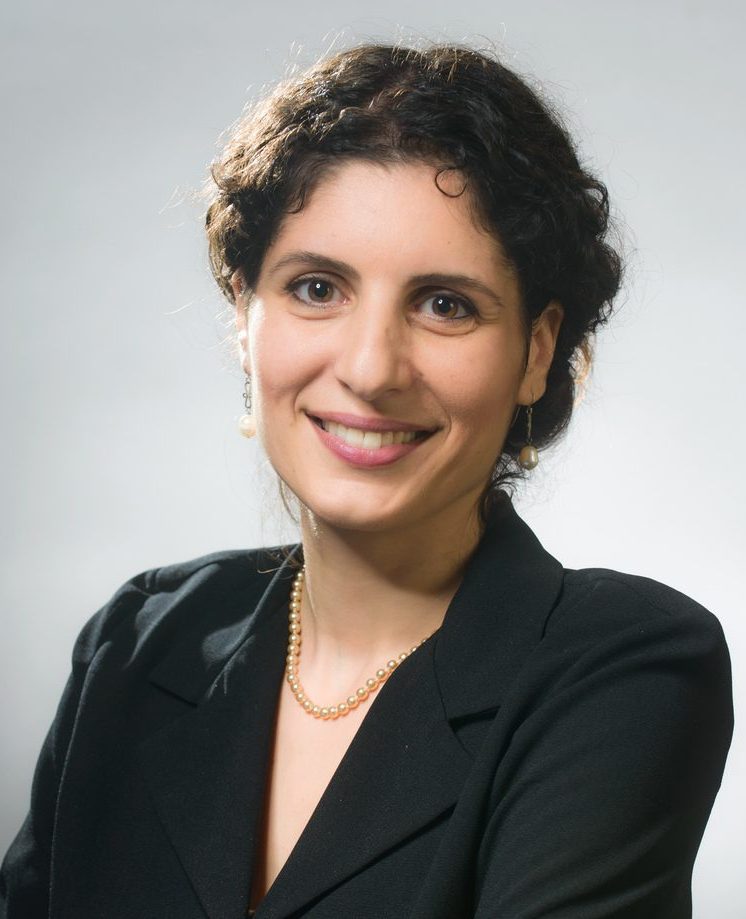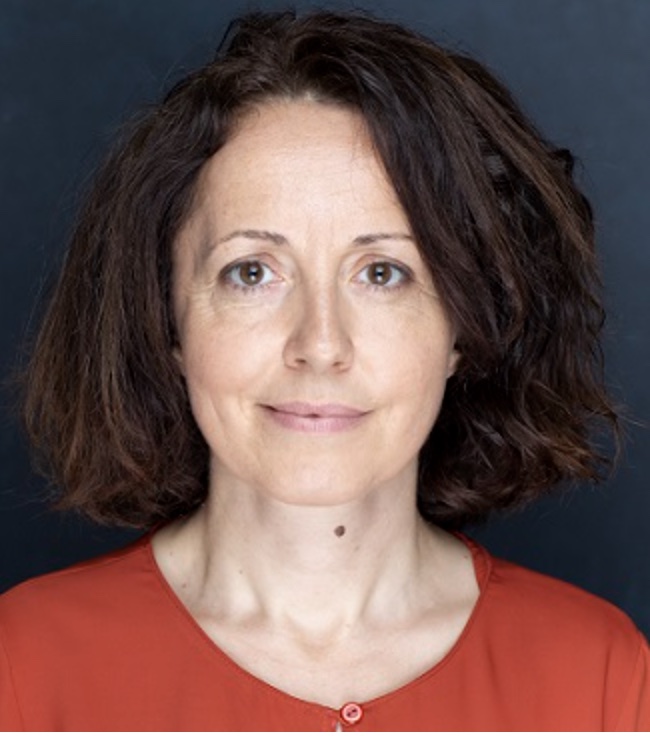Organizing Committee
Micol Spitale, University of Cambridge

Micol Spitale is currently a PostDoctoral Researcher at the Affective Intelligence & Robotics Laboratory (AFAR Lab), Department of Computer Science & Technology, University of Cambridge, UK under the supervision of Prof. Hatice Gunes. Her research activities are grounded in the Social Robotics area. She has a strong background in affective computing, child-robot interaction, and machine learning applications to human behavioural analysis. Her current research focuses on developing socio-emotionally adaptive robots that can foster wellbeing through coaching and psychologically proven interventions. She has been awarded “cum laude” a Ph.D. in Information Technology, Computer Science and Engineering Area at the Politecnico di Milano, co-funded by IBM Italy and EIT Digital, in October 2021, under the supervision of Prof. Franca Garzotto. During her Ph.D., she spent several months at the University of Southern California (USC) in the Interaction Lab as a visiting Ph.D. student, where she explored the use of robots for eliciting empathy during storytelling activities under the supervision of the Prof. Maja Matarić. She published works in top conferences (HRI, ACII, RO-MAN) and journals (MTAP, ACM-CS, THRI), gaining over 140 citations (h-index=7). She has participated in European projects and EPSRC UK-funded projects. While in Cambridge, she has been awarded the EPSRC IAA Impact Grant for Early Career Researchers (25KGBP). She is currently the lead guest editor of the International Journal of Social Robotics Special Issue on Embodied Agents for Wellbeing.
Sooyeon Jeong, Northwestern University

Sooyeon Jeong is a Postdoctoral Fellow at the Center for Behavioral Intervention Technologies in Northwestern University Feinberg School of Medicine. Her research focuses on designing and deploying interactive agents that can improve people’s lives by providing personalized support based on each user’s needs, traits and behaviors. Dr. Jeong deploys these agents “in-the-wild” to evaluate how they build relationships/rapport with people over time and improve their wellbeing, health and learning. She aims to build relational technologies to be more than just tools and become helpful companions for people by continuously adapting themselves to help users achieve their health goals. Dr. Jeong received a S.B. and a M.Eng. from the Department of Electrical Engineering and Computer Science (EECS) at MIT, and a S.M. and a Ph.D. in Media Arts and Sciences from MIT Media Lab. In Fall 2023, she will be a tenure-track Assistant Professor at the Department of Computer Science at Purdue University.
Shelly Levy-Tzedek, Ben Gurion University

Shelly Levy-Tzedek is an associate professor and the director of the Cognition, Aging & Rehabilitation Laboratory at Ben Gurion University. Prof. Levy-Tzedek completed her undergraduate studies, summa cum laude, at UC Berkeley, where she won the Bioengineering departmental citation medal. At the Massachusetts Institute of Technology (MIT), she completed her M.S. and her Ph.D. degrees as an MIT Presidential Fellow and a Howard Hughes Medical Institute fellow, in the Biomedical Engineering department, and was a guest professor at the University of Freiburg in Germany as part of the Marie S. Curie FRIAS COFUND Fellowship Program in 2018-19. Prof. Levy-Tzedek was chosen as one of Israel’s most promising 40-under-40 by The Marker Magazine, won an award from the Paedagogica Foundation’s special program entitled “Initiative for Excellence in the Negev”, and the Toronto Prize for excellence in research. Her work is supported by national and international foundations - private and public. Her lab studies the effects of age and disease (in particular, Parkinson’s disease & stroke) on the control of body movement, and how to best employ robotics to facilitate a fast and efficient rehabilitation process. She takes a multi-disciplinary approach to her studies: the students on her team come from varied backgrounds, including physical therapy, engineering and psychology, and she collaborates with faculty members from Israel, Canada, England, the United States and Germany who come from diverse fields such as Industrial Engineering, Psychology, Computer Science, Robotics, Education and Philosophy.
Hatice Gunes, University of Cambridge

Hatice Gunes is a Professor of Affective Intelligence and Robotics (AFAR) and the Head of the AFAR Lab at the University of Cambridge’s Department of Computer Science and Technology. Her expertise is in the areas of affective computing and social signal processing cross-fertilising research in multimodal interaction, computer vision, signal processing, machine learning and human-robot interaction. She has published over 150 papers in these areas (H-index=36, citations > 7,200), with most recent works on lifelong learning for facial expression recognition, fairness and affective robotics; and longitudinal HRI for wellbeing. She is an Associate Editor for the International Journal of Social Robotics, currently guest editing the Special Issue on Embodied Agents for Wellbeing, and was one of the Guest Editors of the 2021 IEEE Transactions on Affective Computing Special Issue on Automated Perception of Human Affect from Longitudinal Behavioral Data. Other research highlights include RSJ/KROS Distinguished Interdisciplinary Research Award Finalist at IEEE RO-MAN’21, Distinguished PC Award at IJCAI’21, Best Paper Award Finalist at IEEERO-MAN’20, Finalist for the 2018 Frontiers Spotlight Award, Outstanding Paper Award at IEEE FG’11, and Best Demo Award at IEEE ACII’09. Prof Gunes is the former (2017-2019) President of the Association for the Advancement of Affective Computing (AAAC), and is the General Co-Chair of ACM ICMI’24, and was the General Co-Chair of ACII’19, and the Program Co-Chair of ACM/IEEE HRI’20 and IEEE FG’17. Prof Gunes was a member of the Human-Robot Interaction Steering Committee (2018-2021) and was the Chair of the Steering Board of IEEE Transactions on Affective Computing (2017-2019). In 2019 she was awarded the prestigious EPSRC Fellowship as a personal grant to investigate adaptive robotic emotional intelligence for wellbeing and was named a Faculty Fellow of the Alan Turing Institute– UK’s national centre for data science and artificial intelligence (2019-2021). She is a Senior Member of the IEEE and a member of the AAAC.